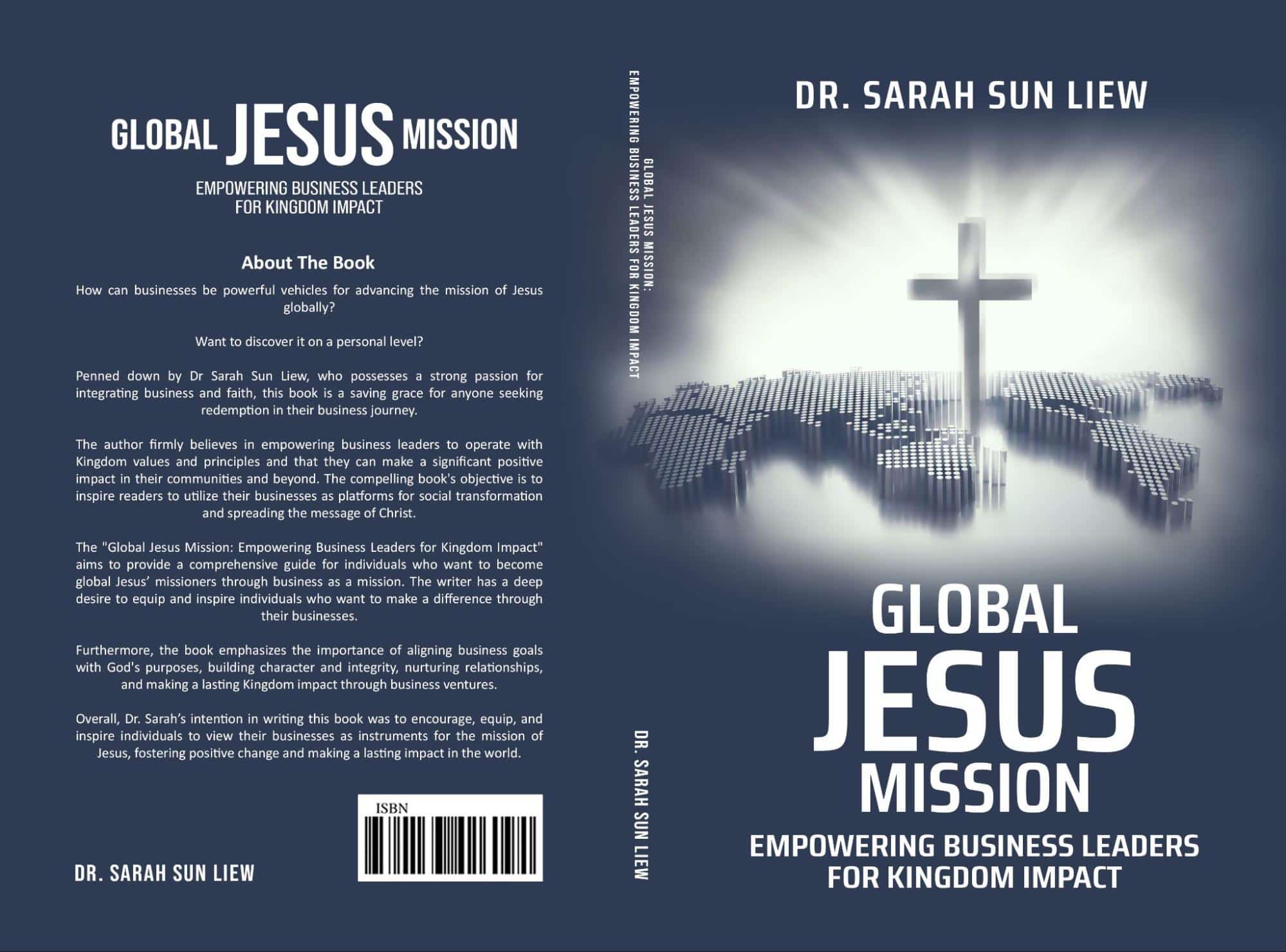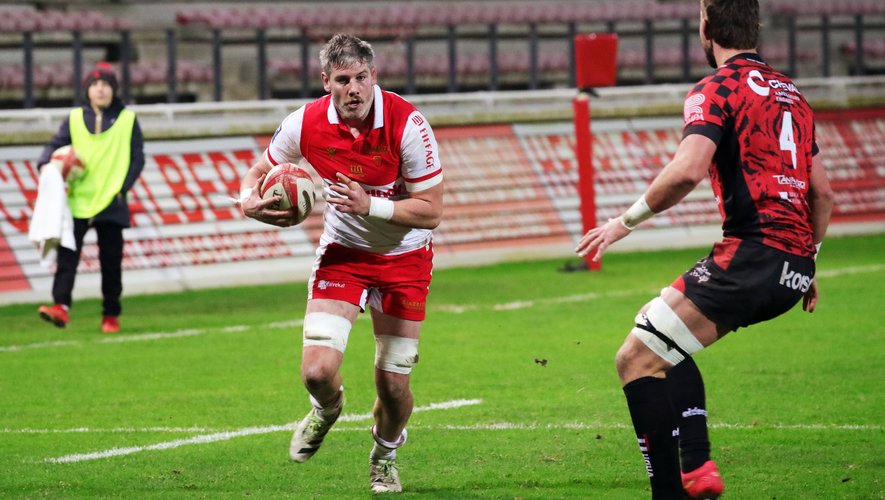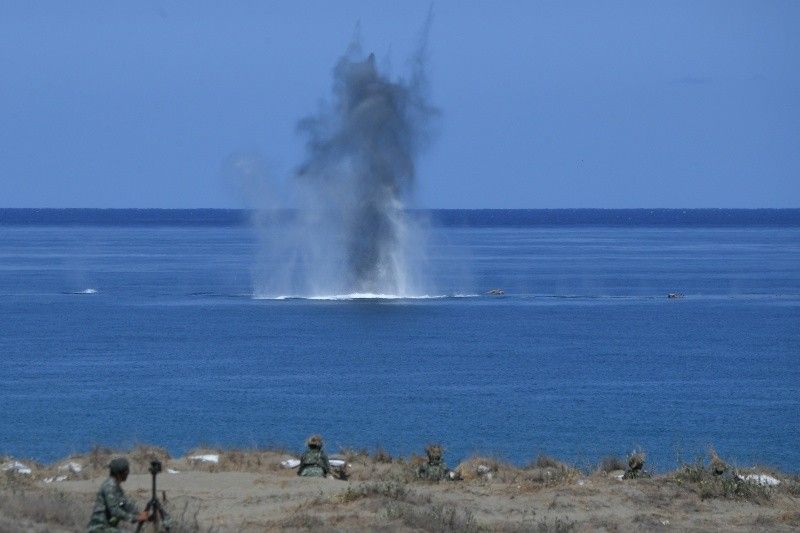Navigating Moral Dilemmas In Nigeria: A Kite Runner Perspective

Table of Contents
Loyalty vs. Self-Preservation in Nigerian Society
In Nigeria, as in many societies, the weight of loyalty to family, community, or tribe often clashes with personal safety and ethical considerations. Individuals are frequently forced to make agonizing choices, prioritizing one over the other with potentially devastating consequences.
The Weight of Family Obligations
Nigerian culture places a strong emphasis on family. Filial piety and respect for elders are deeply ingrained values. This strong familial bond, however, can create intense moral dilemmas. Individuals might feel obligated to protect family members, even if it means compromising their own moral compass or breaking the law.
- Examples of familial pressure: The pressure to participate in arranged marriages, even if the individual is unhappy; the expectation to cover up wrongdoing committed by a family member to avoid shame; inheritance disputes that lead to betrayal and fractured relationships.
- Real-life case studies: While specific details require sensitivity, news reports frequently highlight family conflicts rooted in land ownership, business dealings, and political affiliations, often forcing individuals to choose between loyalty and ethical conduct.
Community Expectations and Conformity
The pressure to conform to community norms can be equally significant. Speaking out against injustice or challenging traditional practices can lead to ostracism, social isolation, or even violence. This creates a moral tension where personal convictions must be weighed against the potential risks of defying community expectations.
- Examples of community pressure: The reluctance to report crimes due to fear of reprisal from powerful individuals or groups; the pressure to participate in communal activities, even if they conflict with personal beliefs; the silencing of dissenting voices in the name of maintaining social harmony.
- The role of traditional authorities and community leaders: Traditional leaders often hold significant sway in Nigerian communities. Their opinions and expectations can profoundly impact moral decisions, potentially reinforcing conformity over individual conscience.
Comparing Nigerian Dilemmas to The Kite Runner
Amir's agonizing choices regarding Hassan in The Kite Runner offer a powerful parallel. His betrayal stems from a combination of self-preservation, fear of social repercussions, and the weight of his own desires. Similarly, many Nigerians face similar dilemmas where loyalty to family or community conflicts with their personal morality, mirroring the complexities of Amir's internal struggle.
Corruption and Moral Compromise in Nigeria
Corruption is a pervasive issue in Nigeria, significantly impacting moral decision-making across all levels of society. The choices individuals make when faced with bribery, dishonesty, and systemic injustice reveal the challenging moral landscape.
The Everyday Bribery Dilemma
Navigating daily life in Nigeria often necessitates interacting with corrupt systems. From police checkpoints to bureaucratic processes, bribery can seem like a necessary evil to achieve even the most basic tasks. This creates a moral compromise, eroding individual integrity over time.
- Examples of bribery in everyday situations: Offering bribes to police officers to avoid traffic tickets; paying unofficial fees to expedite bureaucratic processes; securing preferential treatment through unofficial channels.
- The psychological impact on individuals: The constant negotiation between integrity and expediency can lead to moral fatigue and the normalization of corrupt practices, creating a cycle of compromise.
The Cost of Honesty
Choosing honesty and integrity in a corrupt system often comes at a significant cost. Whistleblowers and those who refuse to participate in corruption risk facing serious repercussions, including job loss, harassment, intimidation, and even violence.
- Potential repercussions for whistleblowers: Retaliation from corrupt officials, social ostracism, and threats to personal safety are real possibilities. The lack of adequate protection for whistleblowers further discourages ethical behavior.
Mirroring Choices in The Kite Runner
The moral compromises made by characters in The Kite Runner, particularly Amir's initial inaction and subsequent attempts to atone for his past, resonate with the dilemmas faced by Nigerians navigating a corrupt system. The novel’s exploration of guilt and redemption offers a valuable framework for understanding the long-term consequences of moral compromises.
Redemption and Moral Reckoning in Nigerian Culture
Even after making difficult moral choices, the possibility of redemption remains a central theme in the Nigerian experience. Societal views on forgiveness and repentance play a crucial role in shaping personal journeys of moral recovery.
Traditional Mechanisms of Reconciliation
Traditional Nigerian societies have developed various mechanisms for resolving conflicts and seeking forgiveness. These methods often emphasize community involvement and restorative justice, focusing on repairing harm and restoring relationships.
- Examples of community-based restorative justice practices: Mediation by elders or community leaders; traditional ceremonies aimed at restoring harmony; community service as a form of atonement.
- The role of religious institutions: Religious institutions, both Christian and Muslim, play a significant role in offering guidance, forgiveness, and pathways to redemption.
The Path to Redemption
The process of acknowledging wrongdoing and making amends is complex and often challenging. It requires courage, humility, and a commitment to personal transformation. However, the desire for redemption and the possibility of forgiveness remain powerful motivators.
- Case studies of individuals who have sought to atone for past actions: While anonymity is crucial, stories of individuals who have publicly apologized, made amends, or dedicated their lives to social justice offer inspiring examples of redemption.
- Challenges to obtaining forgiveness: Reconciliation is not always guaranteed. The depth of harm, the willingness of those affected to forgive, and the sincerity of the individual seeking redemption all play significant roles.
Echoes of Redemption in The Kite Runner
The themes of redemption in The Kite Runner powerfully resonate with the complexities of moral recovery in the Nigerian context. Amir's long and arduous journey towards atonement offers a framework for understanding the challenges and possibilities inherent in the pursuit of redemption, reflecting the universal human need for forgiveness and self-forgiveness.
Conclusion
Navigating moral dilemmas in Nigeria presents a complex tapestry of loyalty, corruption, and the pursuit of redemption. By drawing parallels with the compelling narrative of The Kite Runner, we gain a deeper understanding of the universal human struggles within a specific cultural context. Understanding these challenges allows for more nuanced discussions about ethical decision-making in Nigeria and facilitates efforts towards fostering a more just and equitable society. Continue exploring the complexities of navigating moral dilemmas in Nigeria and their profound impact on individuals and communities. Let's work towards building a society where ethical choices are not only possible but also supported and celebrated.

Featured Posts
-
 Pro D2 La Bataille Du Maintien Focus Sur Valence Romans Et Le Su Agen
May 20, 2025
Pro D2 La Bataille Du Maintien Focus Sur Valence Romans Et Le Su Agen
May 20, 2025 -
 Antes Del Regreso La Impactante Charla De Schumacher Con Un Amigo En 2010
May 20, 2025
Antes Del Regreso La Impactante Charla De Schumacher Con Un Amigo En 2010
May 20, 2025 -
 Podnimaetsya Novaya Sharapova Proryv Molodoy Rossiyskoy Tennisistki
May 20, 2025
Podnimaetsya Novaya Sharapova Proryv Molodoy Rossiyskoy Tennisistki
May 20, 2025 -
 Analiza Tadica Rizici Rusenja Daytonskog Sporazuma Za Politicko Sarajevo
May 20, 2025
Analiza Tadica Rizici Rusenja Daytonskog Sporazuma Za Politicko Sarajevo
May 20, 2025 -
 Philippines To Receive Another Us Missile System Hegseths Confirmation
May 20, 2025
Philippines To Receive Another Us Missile System Hegseths Confirmation
May 20, 2025
